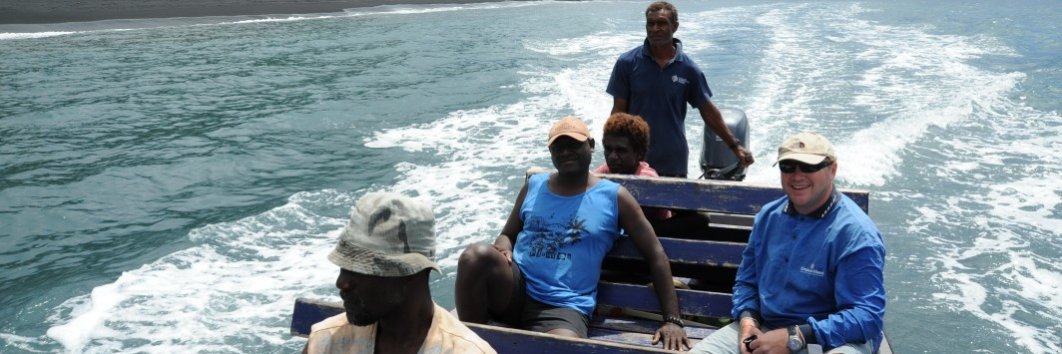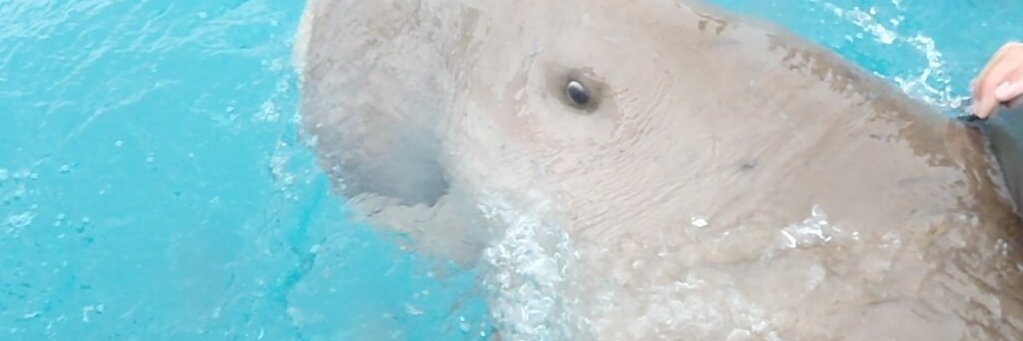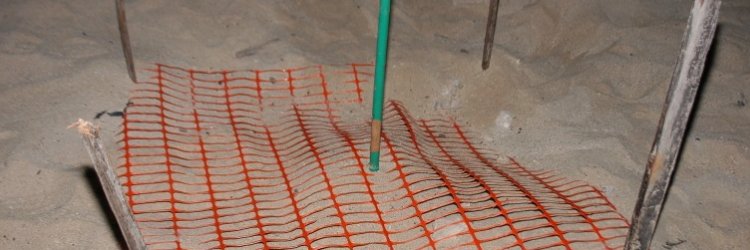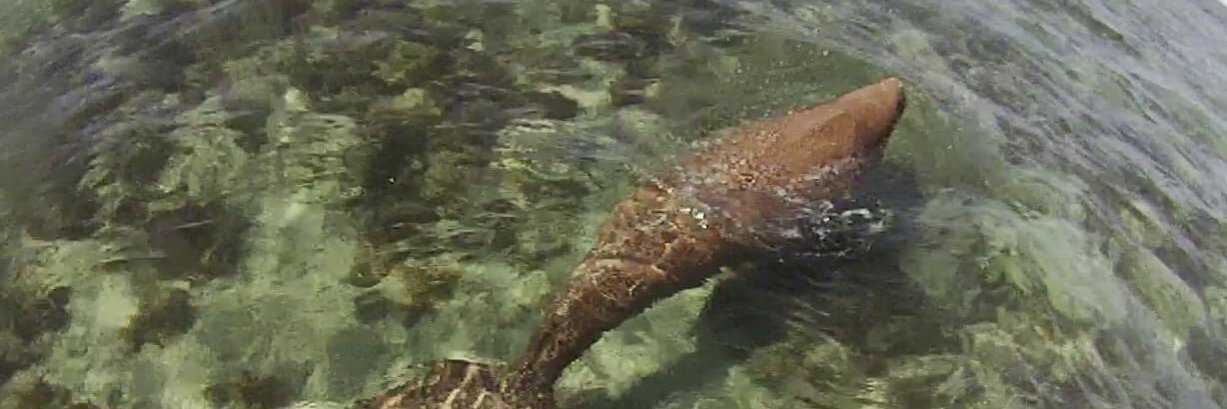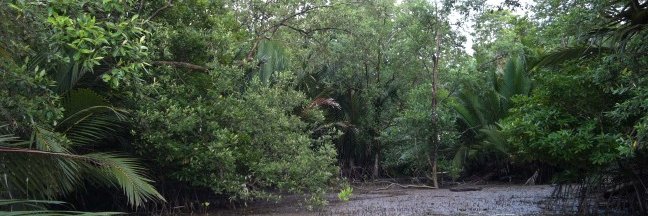Capacity building in the Solomon Islands to enhance leatherback sea turtle conservation (2014-2015)
Pacific leatherback turtle populations have declined alarmingly over the past 25 years, and for management and recovery efforts to be effective, obtaining accurate estimates of current abundance and distribution of critical habitats is essential. In some locations there are summer nesting turtles which remain unstudied and which are of particular interest to conservationists today, as…

